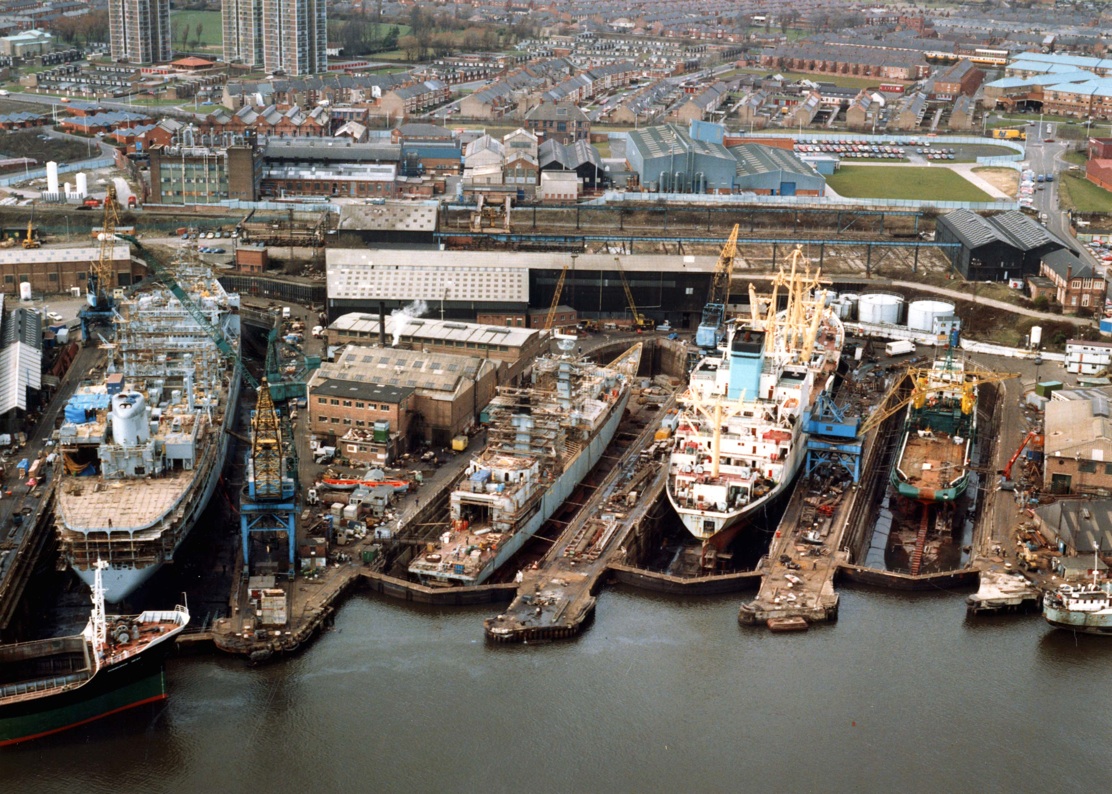B1: Give Me Your Knowledge!
This post is part of our live blog series from the Resilient Cities 2015 congress. For more live blogs, please click here.
How can we foster knowledge partnerships that serve cities and their communities? This session explored several types of knowledge partnerships, including associations of local governments with climate scientists and research organisations with practitioners; matchmaking between national and subnational governments; collaboration across subnational governments; and links between universities and communities.
The first highlighted topic was the challenge of effectively executing mutually satisfying community/university relationships. Anthony Socci, Senior Advisor on Climate and Energy for the US Environmental Protection Agency, presented the University of Oregon Sustainable City Year Program (SCYP), which differs from the traditional research-dominated academic model, and harnesses the resources of universities for the public good instead.
This program facilitates the implementation of community-identified and community-driven projects by students and faculty from multiple disciplines in exchange for a modest financial commitment to cover the basic costs. The key aspect of such a program is that it accrues value for all parties involved. The students gain practical real-life experiences working with communities; cities, who must compete and apply to enter the program, can save hundreds of thousands of dollars by tapping into the intellectual power and creativity of local students and faculty; and the universities become genuine members of the community by helping to tackle real-world issues as a form of community service.
The second challenge highlighted is that of translating the science into language for the general public. In this regard, a general consensus was clear from the session participants that scientific data can strengthen projects and plans, making these more tangible and relevant. However, this information can often be too technical and inaccessible to key stakeholders.
A knowledge partnership presented during the session, between the ICMA CityLinks initiative and the Urban Climate Change Research Network (UCCRN), shows how involving a third party can be beneficial. In this case, ICMA acts as a third party to understand the scientific data produced by UCCRN and pass that along in an accessible and applicable format to the cities they are working with.
As Kathryn Vines from C40 Cities Climate Leadership Group correctly concluded, it is not a simple matter to tap into the existing data and capacities and to use and communicate the information effectively amongst stakeholders.
“It may take more than one go, but we mustn’t get discouraged if it doesn’t happen right away”.
As they say, being aware of the problem accounts for 50% of the solution, so the active discussion and consensus during the session proves that we are off to a good start.



